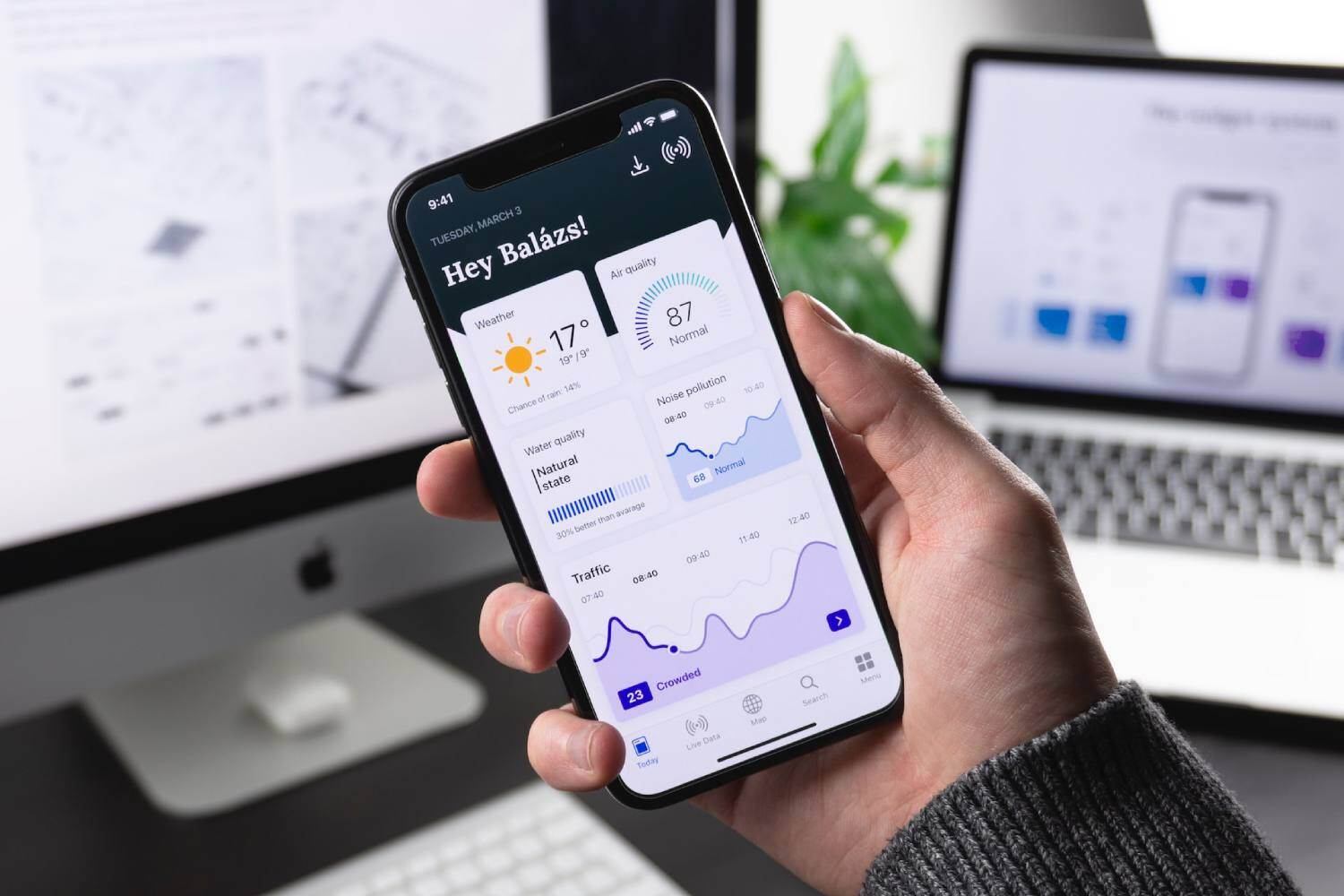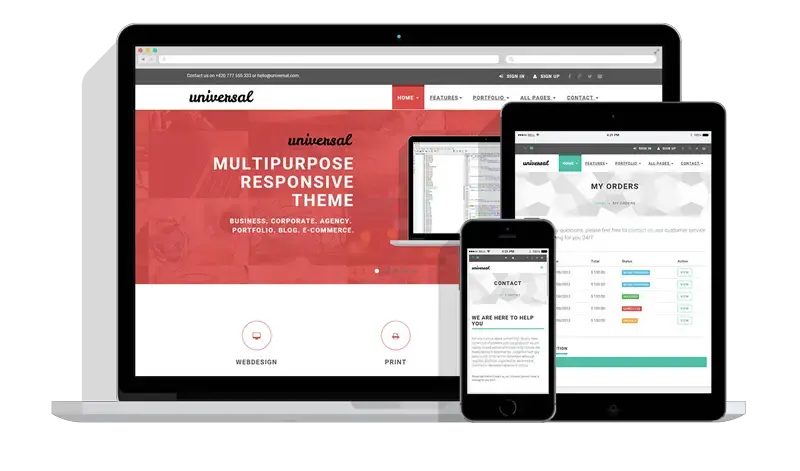5 Tips for Effective Application Development
Smartphones are the extensions of ourselves - the hubs of our communication with family and friends, the tools to keep up with the latest news, and the platform to learn new skills, among others. We rely on smartphones for so many of our daily activities that, for companies that wish to stay relevant to customers, creating a stable, engaging, and useful presence on our phones is an indispensable part of their business strategy.

As the speed and memory of our mobile phones grew, it became possible to download a bunch of apps on our smartphones without ebbing its functionalities. In fact, recent research showed that, on an average smartphone, there are over 80 apps installed.
Of course, not all these apps are used daily. We may use an app for booking airplane tickets, buying groceries, or opening PDF files once a month or year - but even that single usage and good user experience will retain us as the app's satisfied customers. More importantly, next time we need that service, we'll know whom to turn to.
But behind every great digital product is a streamlined, well-thought-out application development strategy. Thus, we go over the top five tips for devising an efficient app development process.
#1 Choose an App Development Methodology
Even the best app ideas, developed by experts and stimulated by huge investment, can flop in the earliest dev stages when people involved in the development process don't organize project steps, define priorities, and allocate tasks.
Lack of step-by-step process organization often leads to development oversights, which later translates into a bad app with a poor user experience.
Luckily for business owners, developers, and managers, there is a variety of app development methodologies, such as Waterfall, Agile, RAD, etc. Your development team's task is to opt for a methodology that most suits your needs and stick to it until the app is live and running.
#2 Decide on the Best Development Framework
Different app development frameworks offer diverse advantages in terms of optimization, code reuse, organization, guidelines, and libraries.
Some app frameworks are open-source, while others are licensed -meaning your application's performance and development costs will largely depend on the framework you choose for building.
Thus, before deciding on the app framework, strategize the application's features and functionalities to find the ideal building platform.
#3 Strategize App Development Lifecycle
There isn't a one-size-fits-all solution for creating an app development lifecycle. Your app development process will largely depend on your chosen methodology and framework, the app's features, the dev team, etc.
Still, there are some good practices to follow when it comes to creating a dev lifecycle. In general, the app's creation process should cover all the following steps:
- Ideation
- Wireframing & Prototyping
- Design
- Development
- Testing
- Deployment
- Post-Launch Activities
In reality, many of these steps will require several iterations, and the process will surely need to go back to prototyping and design several times before the app is finally deployed. Nevertheless, having a rough idea of the steps your development process needs to cover is vital for successful app development.
When the design is concerned, you should actively search for inspiration from various sources, sometimes the best inspiration comes from most website design services.
#4 Hire a Quality App Development Company
Before finalizing the deal with an app dev agency, make sure to do your research. Check out the company's portfolio, ask for their references, and read online reviews. Moreover, insist on transparency in communication, and prepare questions on the costs, processes, and expertise of your future dev company.
If you're an LA business or a national company aiming to offer products/services to Angelenos, check out the top Los Angeles app development companies and find your perfect match.
Seek to partner with app development companies with relevant experience in your industry, and substantial expertise in the framework you wish to employ in your app development process.
#5 Continually Do the QA Testing
Quality Assurance is one of the most vital steps in the app development process. QA ensures your product achieves and maintains the desired quality and functionalities it's meant to have.
Regular QA tests can save you lots of money and time as it allows you to assess the reliability and stability of the product during the development phase. Perform frequent UX, security, functionality, and performance tests to ensure your app development process is on the right track.
Instead of fixing issues after they occur, quality assurance can be leveraged as a proactive measure that anticipates potential problems and thus ensures the best possible UX.



